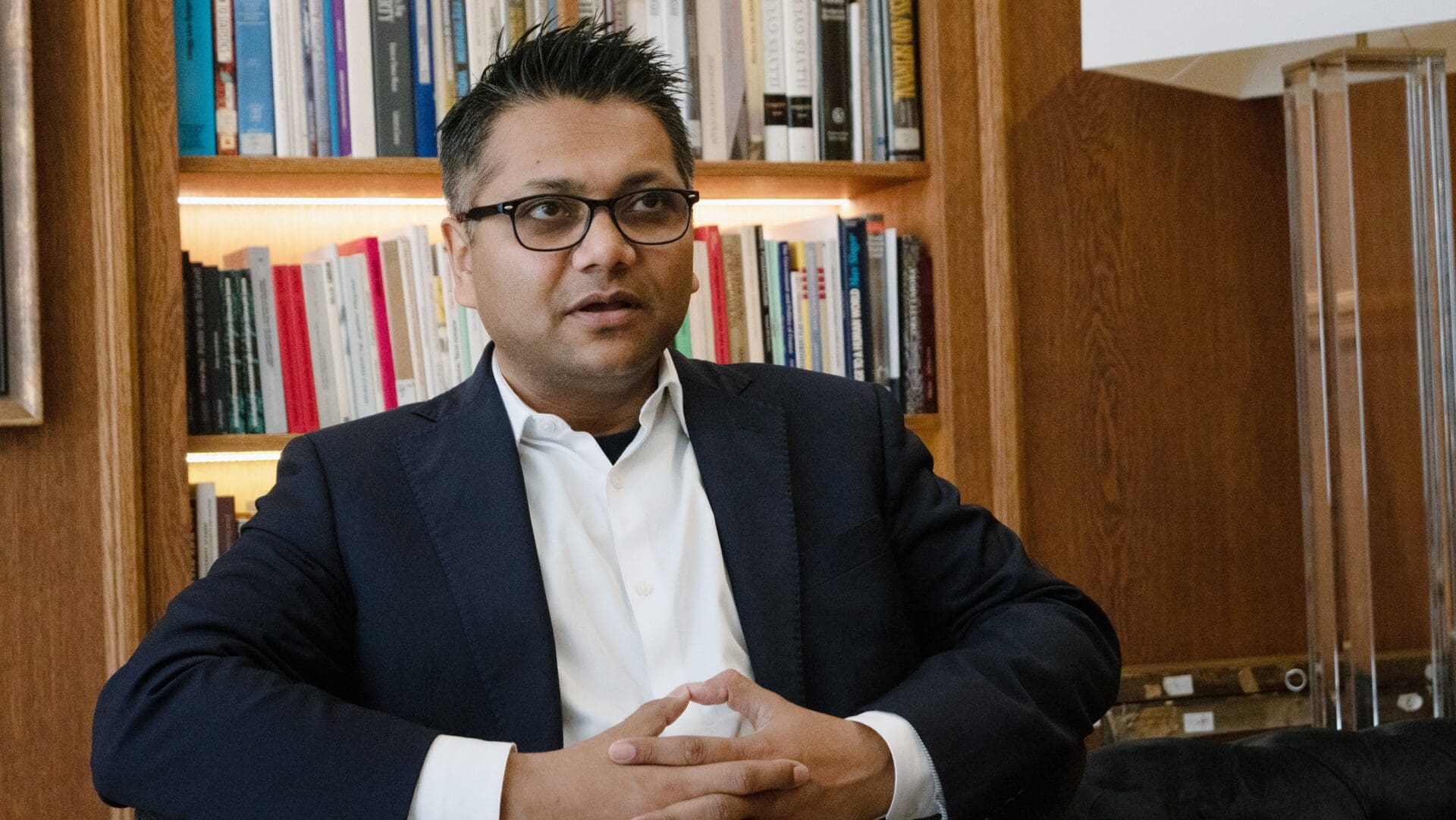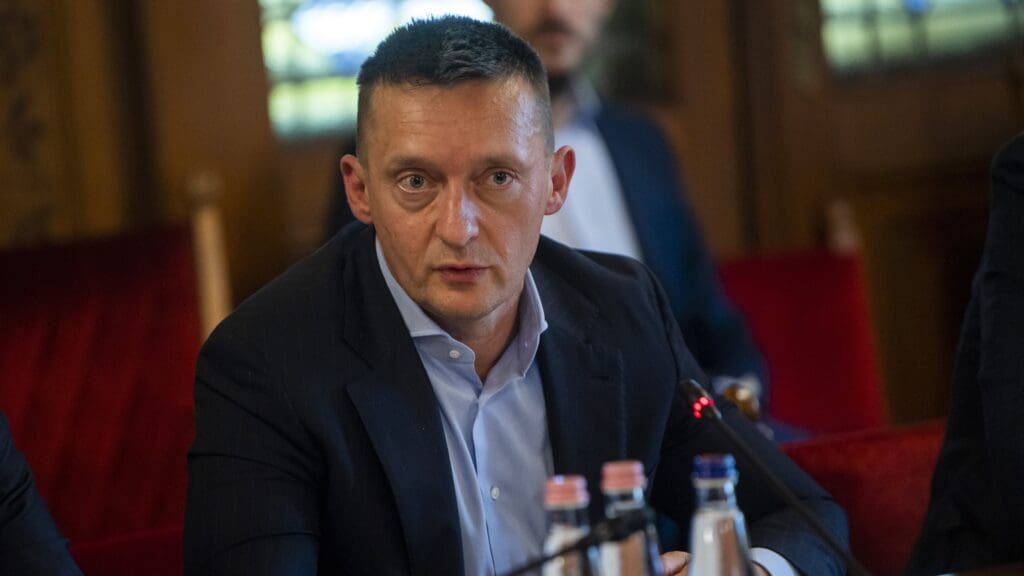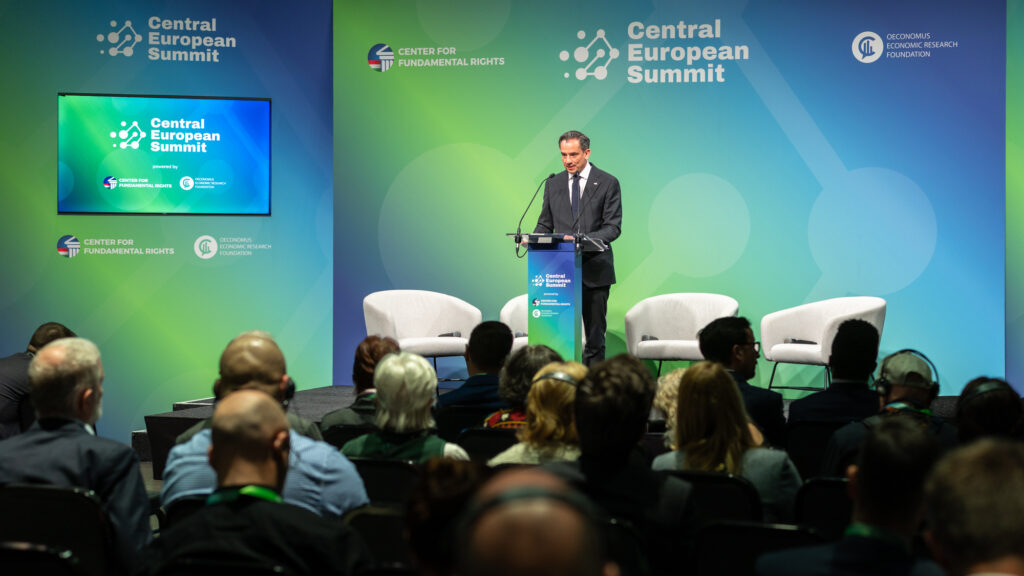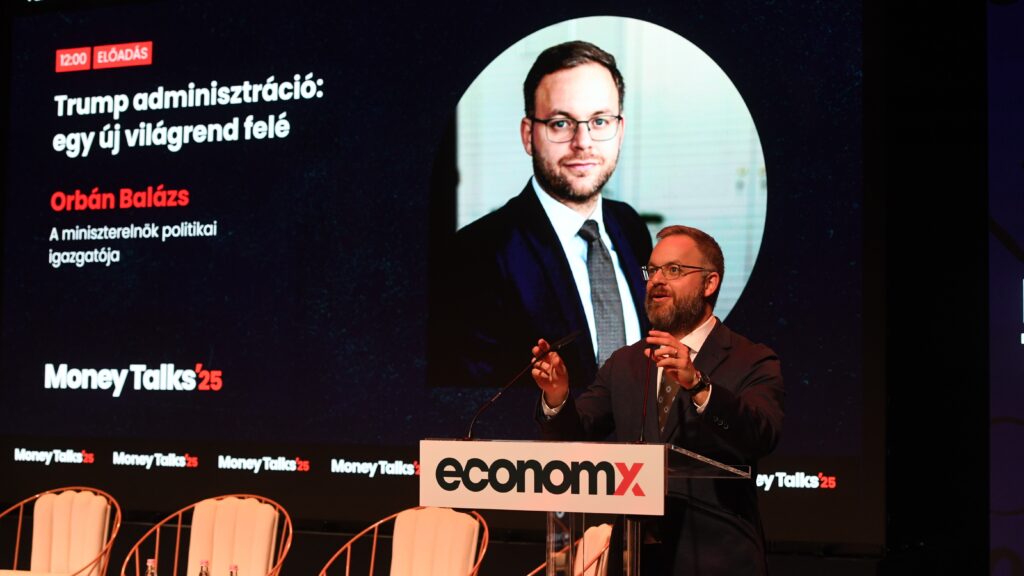‘As long as NATO is a compact club, it is secure. The problem is there are some countries, especially in the East, who want to expand the Alliance, and this is a danger’, Sumantra Maitra, director of research and outreach at the American Ideas Institute, senior fellow at the Center for Renewing America, and an elected, associate fellow at the Royal Historical Society, London stated in an interview with Hungarian Conservative. He emphasized: we send more and more weapons to the Ukrainians in vain, because there are hardly any people who can get their hands on them, and even though the Ukrainians have millions of supporters on social media, those are just passionate words from the couch; the Westerners don’t want to go to the battlefield anymore.
***
NATO celebrated its 75th anniversary in April. What are the biggest challenges facing the North Atlantic Alliance at the moment?
The biggest challenge facing the Alliance is that it does not have a coherent strategy. It doesn’t know what it stands for, and it doesn’t know what it wants to defend. The Russian war did not change the basic structural argument as far as the fact that the North Atlantic region has got no single foreign policy. It has never had. The second challenge it faces is that America would eventually move eastward. Moreover, because America’s main challenge is not in the West, the main challenger is not Russia. Russia is a local power that wants America to have a problem in its own backyard, but it is not a hegemonic challenge to the European Union. China, on the other hand, is a completely different game. For example, it can suddenly happen that a war breaks out in Taiwan. The American focus is therefore on China, which also means that Europe would have to take a whole bunch of security responsibility. Western Europeans are comfortable handing over their security to America because they see no threat from Russia. There is no threat of Russian tanks in Luxembourg or Spain.
On the other hand, the Eastern Europeans, like the Baltic countries or Poland, are genuinely concerned.
They have a history and they’re understandably worried about the war in Ukraine. These two views are, therefore, not coherent at all. Yes, there is a war going on in Ukraine. And yes, in that way, everyone is kind of like, broadly united regarding the position against the war. But the moment the war stops, and at some point, it will stop, a compromise will be necessary. And when we are there, there will be division in the European Union as to who wants to do what, and that’s a big challenge.
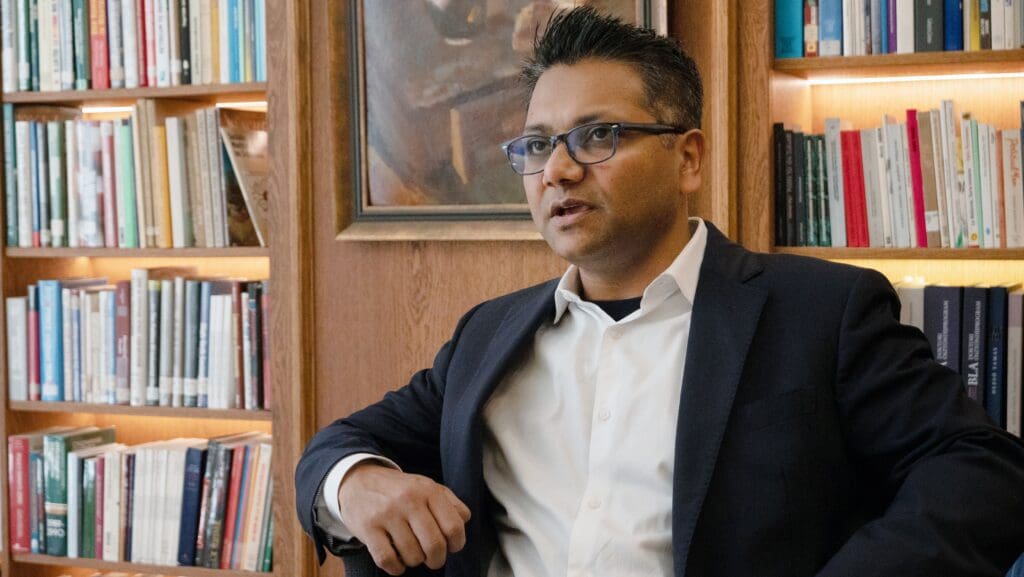
You mentioned the Baltics and Poland, who clearly feel threatened by Russia. How reliable do you think NATO’s security guarantee is in this region?
As long as NATO is a compact club, it is secure. The problem is there are some countries, especially in the East, who want to expand the Alliance, and this is a danger. If you have an entity, which is constantly moving and expanding, it is not a closed club. If the door to the club isn’t locked, how will you feel safe inside? It is that simple.
Now you are talking about the voices that support Ukraine’s NATO accession?
There are some things that I obviously cannot say in public because they have been part of private conversations. But broadly, I have talked with high-level people, and I could only say to them: on the one hand, you are worried that America will not come and save you. On the other hand, if you want to expand an alliance, there is a risk that the Americans will be even less willing to come to the rescue.
If you’re inside a club, you should be happy about it and close the door of the club.
And that’s it, stay focused rather than trying to expand further.
French President Emmanuel Macron recently reaffirmed that he’s considering sending French troops to Ukraine. What impact would this have on the future of NATO? Is there a real possibility of NATO troops entering Ukraine?
One thing is certain: the Germans do not want war, the British do not want to go to war, and neither do the Hungarians. America obviously does not want to go to war with Russia; otherwise, we would have done already. If there was an interest in going to war with Russia, it would have happened in the last two years. It didn’t happen, which means nobody wants to do that. And we have to be very firm about that. It must be said that if you initiate a conflict with Russia, you are free to do that. But we are not going to do anything to defend you when the retaliation happens. If tomorrow, France sends an aircraft carrier that gets sunk. What then? Are they going to send more? France would send troops, and the Russians would casually wave and say not to shoot them? Of course they won’t say that. Of course, they will target the French soldiers. And then what?
If Donald Trump were to become president in November, what impact could it have on the general operation of NATO, and what consequences could it have for European countries?
Donald Trump has a very different view of NATO. He understands the fact that the Alliance is not united when it comes to its character, and secondly, he understands that NATO expansion needs to stop, and we should not give false hope to the Ukrainians. The accession of Ukraine did not happen at the great summit in Bucharest in 2008, and it will not happen now that they suddenly need NATO because of the war. And if we don’t add them now, why add them in the future? In summary, I think Donald Trump has very good instincts. He is not a foreign policy analyst, and probably does not study the foundations of foreign policy overnight, but overall, as a businessman, he understands precisely that it is not sustainable for the United States to contribute 4 per cent of GDP to the NATO budget, while others do not the same, but they would also enjoy the protection. Meanwhile, China is indeed a challenge. It is a trade rival. And also, in 20 years, the European Union is also going to be a trade rival. Of course, the EU would not pose a military challenge to America, but it already interferes with American companies, such as Twitter now X, while enjoying American security.
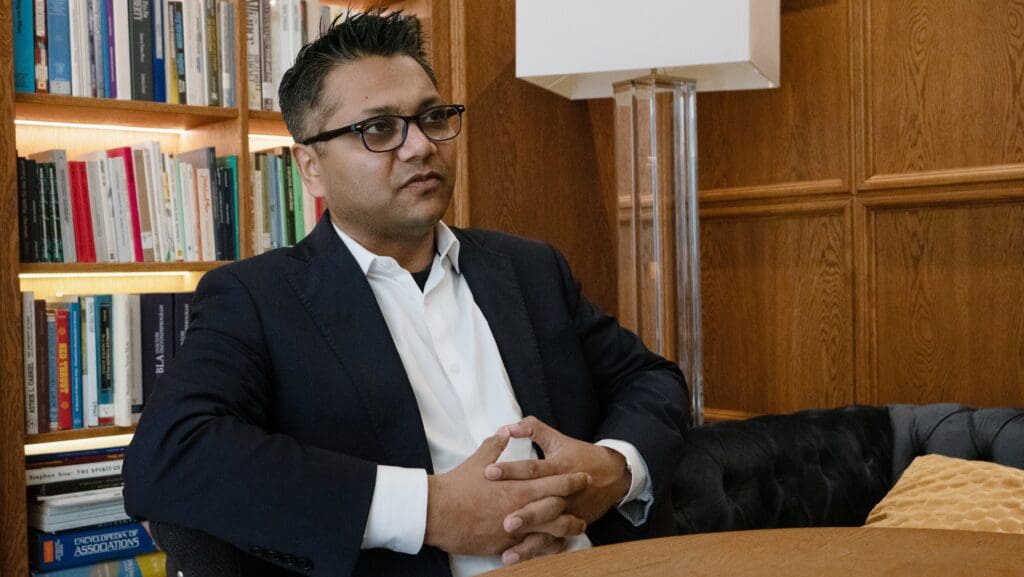
NATO has a limited capacity of weapons stores and manpower, and the US is taking on a disproportionate share of the leadership and resource sharing. Do you think there is a possibility for European member states to play a stronger role in NATO?
Absolutely. I mean, the total Russian population is 143 million people, the total European population is around 480 million people. The total European GDP is $18 trillion, the Russians have a GDP of $1.8. That of the European Union is, therefore, ten times larger than that of the Russians. So, if the Europeans want to, they can take a bigger part. However, I think it is important to note here that when it comes to Ukraine, there is no point in talking about what kind of weapons we should send them to fight, since there is no one to take those weapons and fight. The average Ukrainian soldier is about 45 years old; a lot of men have left the country; and Ukraine has become a country of widows. A disproportionate number of men have died in recent years.
And since we don’t plan to send troops, how do we solve the ‘manpower’ problem?
We can give them any number of weapons, but let’s not forget: in last year’s counterattack, the Ukrainians had 45,000 soldiers, ie 9 brigades, against the 320,000-strong Russian army. Defence is always a bigger advantage than offense; offense requires at least three times the manpower of defence. And the Ukrainians did not have even this manpower. And someone needs to fire the weapons we give them. Will the Germans? Or the French? Here I would like to note that the Ukrainians have a foreign legion, where anyone can go, which anyone can join. Just look at how many people on Twitter want to vehemently support Ukraine from the comfort of their sofas; it would be worth comparing this number, at least in imagination, with the number of those who actually join the war. So it’s easy to be pro-Ukraine on Twitter, but everyone backs off when it comes to whether they would actually take up arms to fight for Ukraine against the Russians.

